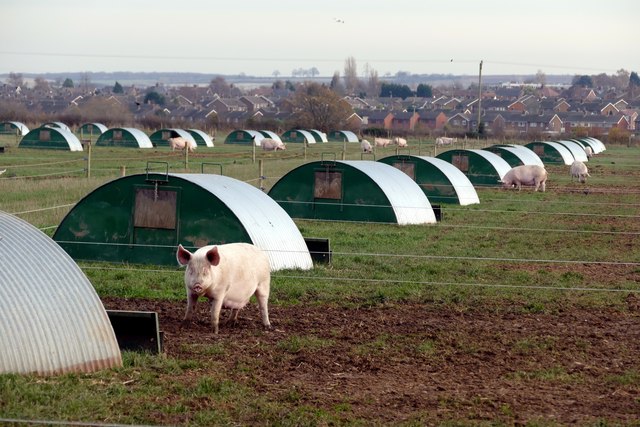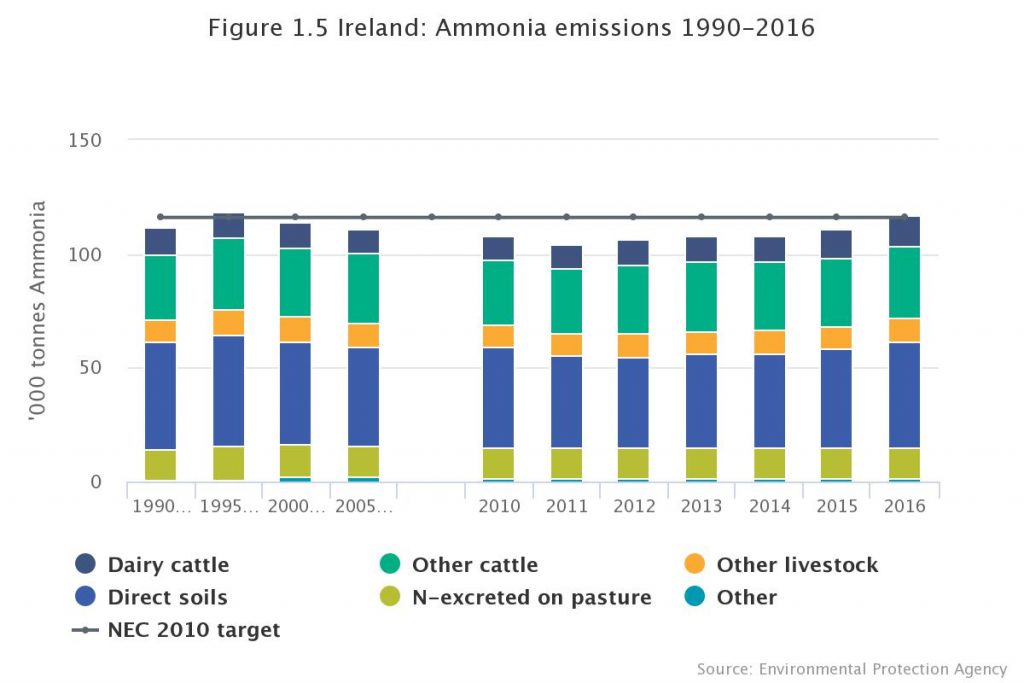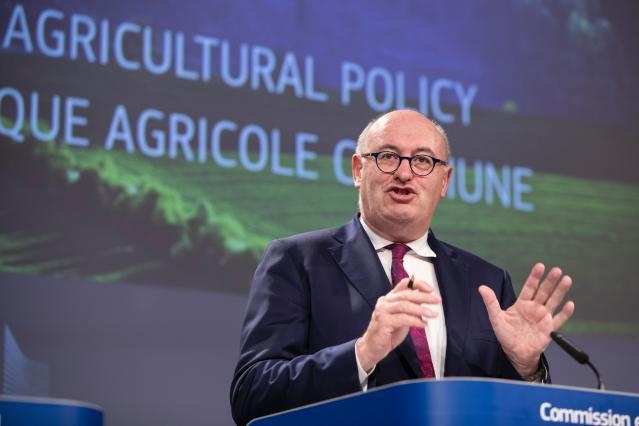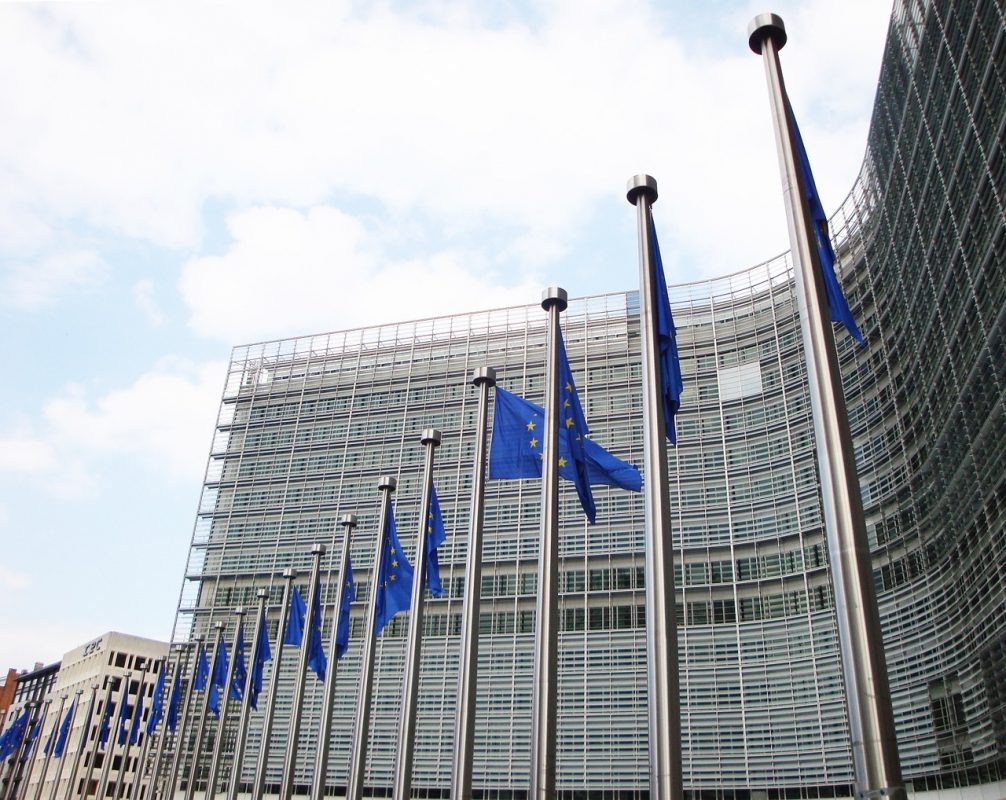Northern Ireland to examine potential cross-border agricultural pollution

August 3rd, 2018
A complaint from an Irish environment group has led Northern Irish authorities to examine the potential for cross-border environmental and health impacts in the expansion of pig farming.
Friends of the Irish Environment raised the issue earlier this year, writing to the Causeway Coast and Glens Council in April 2018 about planning permission granted for several pig units.
The group argued that the potential cross-border impact of ammonia emissions from the farms had not been properly evaluated in the decision to grant planning permission for the developments.
The group cited Ireland’s exceedance of its ammonia emissions limits in 2016 and the potential for cross-border emissions from the pig farms to further impact upon air quality in the Republic.
According to the BBC, the Council confirmed that the environmental statement for one of the pig units in Limavady did not reference any potential cross-border impacts and that it was now considering consulting authorities in the Republic.

Pig farm near Ollerton Photo: Graham Hogg
The Minister for Housing, Eoghan Murphy TD confirmed that his department requested the Department for Infrastructure in the North to provide details on one of the farms to establish if it is likely to have “significant effects on the environment in Ireland”.
The request seeks to determine whether the transboundary consultation provisions in the Espoo Convention and EIA Directive should be applied in this case, Mr Murphy said.
Both Ireland and the UK are parties to the Convention that sets out a state’s obligation to notify and consult each other on all major projects under consideration that are likely to have a significant environmental impact across boundaries.
Ammonia levels
Critical levels of ammonia – 93 per cent of which come from agriculture in the North – have been recorded at the majority of protected sites and other priority habitats in Northern Ireland.
Over 100 farm planning applications were held up in Northern Irish this year so that ammonia levels could be assessed by the Northern Ireland Environment Agency (NIEA).
Ireland’s ammonia emissions have increased since 2011 and were 0.6 per cent above the 2010 National Emissions Ceiling of 116,000 tonnes in 2016.

Environmental Indicators Ireland 2018 Report Graphic: CSO
According to the Environmental Protection Agency, the watchdog’s projections indicated that this was likely to occur “for some time” as animal numbers continued to rise.
The agriculture sector accounts for virtually all of Ireland’s ammonia emissions via the spreading of animal manure and nitrogen fertiliser.
In Europe alone, the annual cost of damage caused by nitrogen is estimated to be between €70 and €320 billion, double the extra income gained from using nitrogen fertilizers in EU-wide agriculture.
The intensification of agriculture across the whole of the island of Ireland “must be addressed together”, FiE said in a statement issued yesterday.
“Citizens on either side of the political border have equal rights to have a say on the future direction of agriculture, given its growing adverse impact on human health and global warming,” the statement continues.
[x_author title=”About the Author”]







